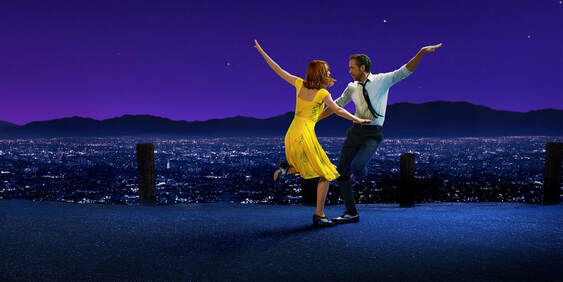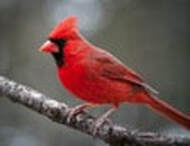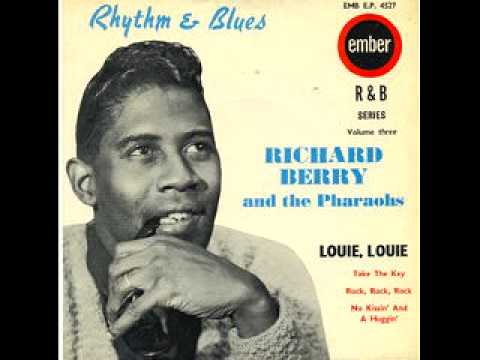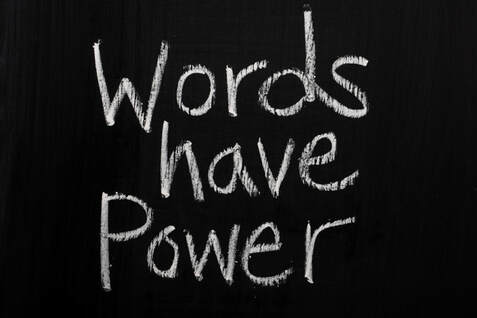Something that I am becoming increasingly annoyed by is the tendency to cast people who cannot sing in musicals.
I think the movie that began this trend was Phantom of the Opera from 2004. Gerard Butler made a surprisingly virile and sexy Phantom. Unfortunately, he could not sing. I recall sitting in the theater bracing myself for the high notes in “Music of the Night.” I told myself that was silly because of course he would be able to hit them: the music was, after all, pre-recorded. That did not stop me. He did succeed in hitting those high notes; but only just.
In the same movie we had Emmy Rossum starring as Christine, a woman with a voice so beautiful it took the operatic world by storm. Unfortunately, our female lead had the voice of a middle school girl. Her voice was so thin and weak that it made her success impossible to believe.
I do find it impossible, in this instance, to blame the actors for their lack of singing ability. In this case all of the blame, I feel, rests firmly on the shoulders of Andrew Lloyd Webber. He is the one who had final casting say for these roles. It was his decision to give the Phantom a more virile, rock persona than was usual.
Going to 2008 and the movie Mamma Mia we had the very attractive Pierce Brosnan trying to sing. His singing was so bad that it was embarrassing. I recall cringing repeatedly through the performance. I remember leaning forward in my seat, as if there was anything I could do to help him along. While most of the performers in this movie were only adequate singers, it was Pierce Brosnan who stood out as being incapable of singing at all.
Not long ago, we were given a live action remake of the Disney animated film Beauty and the Beast. The animated version was ground breaking, beautiful, and well-sung. I understand why Disney is busy making live action versions of all of its animated classics. There is money to be had. But that does not explain the insistence upon remaking a musical with leads who cannot sing.
The Beauty and the Beast remake gave us Emma Watson as Belle. In the animated version Belle (as sung by Paige O’Hara) has a beautiful, evocative singing voice. Emma Watson does not. Her voice is auto tuned, but that is not enough to turn her into a decent singer.
Dan Stevens, who played the Beast underneath a great deal of CGI effects, has a decent voice. Unfortunately, he is a tenor where the Beast needed to be a bass-baritone. His voice was electronically augmented to make up for this deficit.
Cast as the wardrobe, Audra McDonald was without a doubt the best singer in the movie. And yet, they hardly gave her anything to do. I thought that Emma Thompson did a fine job as Mrs. Potts, but why she sang more than Audra McDonald is beyond me.
This brings me to LaLa Landand our two leads: Emma Stoneand Ryan Gosling. Both had a tone so breathy it was often difficult to tell what note they were singing. (Usually I complain about wide vibrato doing that. This time, it was just that hard to hear the note!) I do not know what would have been a better range for Emma Stone to sing in, but this was seldom it. I found the music uninspiring and their chemistry nonexistent.
When I was younger the solution to the problem of casting actors who could not sing was to have someone else provide the singing. Even in the movie Singing in the Rain, Debbie Reynolds’s singing voice was dubbed by Betty Noyes. (If you have not seen Singing in the Rain, it is about the transition from silent to talking films and the need to dub someone else’s voice to make a movie saleable.) But Debbie Reynolds has a fine singing voice and has done her own singing for many other musicals. One of the factors that lost Audrey Hepburnthe best actress Oscar in 1964 was the fact that she was not singing in the role of Eliza Doolittle in My Fair Lady. Julie Andrews won the Oscar that year for Mary Poppins, a role she both acted and sang.
Natalie Wood playing Maria in West Side Story studied and worked very hard to improve her voice in order to sing the music herself. She was devastated when she found out that they were using Marni Nixon to do all of her singing. (Marni also provided the singing for Audrey Hepburn in My Fair Lady.)
We have had many a musical with leads that could sing. But even some of these had questionable choices. Julie Andrews supplied her own voice for Maria in The Sound of Music, but Christopher Plummer, playing the Baron von Trapp, was dubbed by Bill Lee. Hello, Dolly gave us Barbra Streisand somewhat miscast as an older widow, but the casting of Walter Matthau as Horace Vandergelder was surprising. At least he supplied his own speak/singing. (That movie also gives us a young Michael Crawford as one of the secondary leads. Later, he would be the first Phantom of the Opera.)
There are so many talented actors who can also sing and dance. Why is it necessary to cast someone in a musical when they cannot sing? I have stated several times that I would often rather see an actor who can sing a little bit than a singer who can act a little bit. Often the actor is capable of communicating the song in the context of the role better than someone who is only a singer could do. But not always. With the amazing pool of people out there, I wish that Hollywood would begin casting for ability and not for name. Emma Watson was cast as Belle on the strength of her name, not on the strength of her ability.
What do you think? Are there talented actors who can also sing that could do these roles? Do you think we should cast name over ability? Let me know what you think.







 RSS Feed
RSS Feed